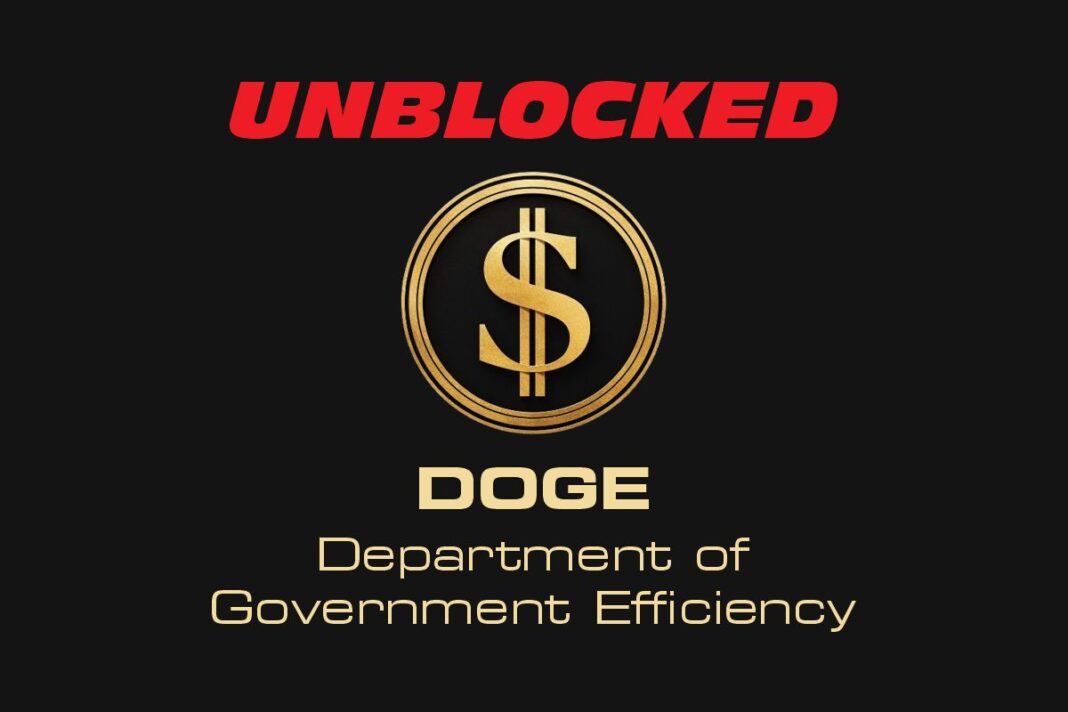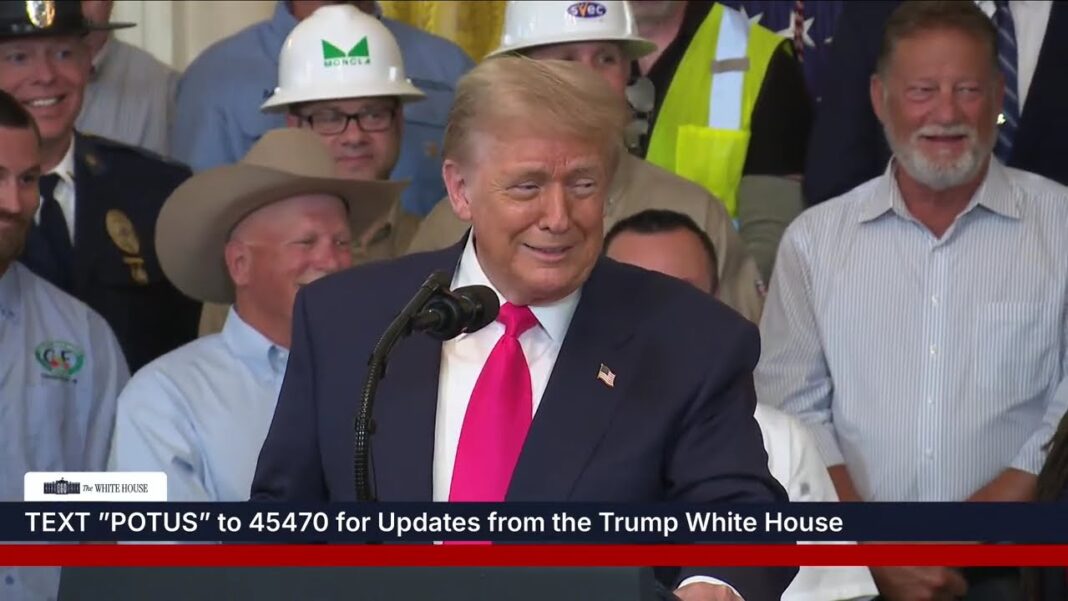The court declined urgent relief, noting lack of imminent harm but acknowledging data privacy concerns.
A federal judge on Friday allowed the Department of Government Efficiency (DOGE) to continue to access sensitive data on millions of Americans at the Departments of Labor and Health and Human Services, rejecting a push by labor unions and privacy advocates to block DOGE’s reach.
In a decision issued on June 27, U.S. District Judge John D. Bates in Washington denied a motion for a preliminary injunction in a lawsuit brought by a coalition that includes the AFL-CIO, the Service Employees International Union, and the Economic Policy Institute. The plaintiffs contended that DOGE lacks statutory authority to tap into confidential government systems that store personal information such as medical records, financial histories, Social Security numbers, and home addresses.
The judge found that while the plaintiffs have shown standing to bring the case, they failed to demonstrate the kind of imminent and irreparable harm necessary to justify halting DOGE’s work at this stage.
“Absent evidence those personnel will imminently misuse or publicly disclose that information, the Court cannot say that irreparable harm will clearly occur before the Court can make a final determination on the merits,” Bates wrote. Still, the judge acknowledged “grave” concerns about DOGE’s access to “extremely sensitive” data.
The judge has already twice denied plaintiffs’ requests for temporary restraining orders to block DOGE’s activities—once on Feb. 7 and again on Feb. 14—with Bates on both occasions expressing concern about DOGE access to sensitive records, but denying the extraordinary relief sought.
The case will now proceed toward further hearings and potentially a final judgment, with the court requesting that both sides propose a schedule for next steps.
DOGE was created under President Donald Trump’s Executive Order 14158 to review federal operations, cut costs, and eliminate waste. Its teams have gained system-level access across multiple agencies as part of what the administration describes as a push to modernize government and root out fraud and inefficiency.
By Tom Ozimek








